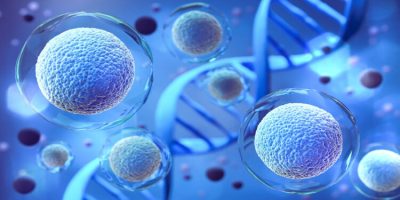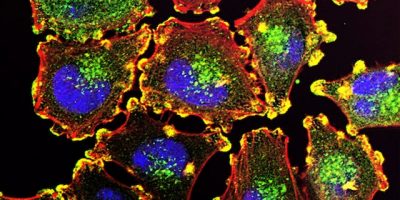A Brief Overview of Genetic Testing
Genetic testing is like looking at a map of your body’s instructions. You know how maps show you where to go? Well, genetic tests show you information about your genes, which are like tiny instructions that tell your body how to work. These tests can help you understand your body better and make choices that might improve your life.
Imagine you have a recipe book with all the recipes for your body. Each recipe is a gene. Some recipes tell your body how tall to grow, what color your eyes will be, or even how you’ll respond to certain medicines. Genetic Testing reads these recipes to give you a better idea of what makes you unique.
Health Risks and Disease Prevention
One way genetic testing can help is by finding out if you have a higher risk for certain diseases. Some diseases, like cancer or heart problems, can be passed down from your parents through your genes. By checking your genes, you can learn if you have a higher chance of getting these diseases. Knowing this can help you take steps to stay healthy, like getting screened more often or making changes to your lifestyle.
Personalized Medicine
Genetic testing can also help personalize your medical treatment. Genetic testing can tell you how your body might react to certain medicines. Have you ever wondered why one medicine works well for someone but not for another? It’s because everyone’s body is different. Genetic testing can show if your body processes medicines in a special way. This can help your doctor choose the right medicine and dose for you, so you get better faster without any bad side effects.
Family Planning and Reproductive Health
Genetic testing can also be helpful for couples who want to have children. It can tell them if they carry genes for certain genetic conditions that could be passed on to their kids. If they know about these risks beforehand, they can make informed choices about starting a family and even explore options like genetic counseling or in vitro fertilization to reduce the chances of passing on these conditions.
Exploring Ancestry and Family History
Genetic testing isn’t just about health. It can also uncover fascinating insights into your family history. By analyzing your genes, you can discover where your ancestors came from and if you have any relatives you didn’t know about. This can be a thrilling journey for those curious about their roots and eager to connect with their heritage.
Considerations and Limitations
It’s important to approach genetic testing with caution. While it can provide valuable information, it’s not always perfect. Results can be hard to interpret, and they might not give you all the answers you’re seeking. Additionally, learning about your health risks can be daunting, but remember, it’s just a piece of the puzzle, not a guarantee of illness.
Privacy and Data Security
Privacy is another thing to think about when it comes to genetic testing. Your genetic information is very personal, like your diary or your secrets. You’ll want to make sure it stays private and only shared with people you trust, like your doctor or genetic counselor. Some companies offer genetic testing kits that you can do at home, but be careful about who you share your results with and read the fine print to understand how your information will be used and protected.
Summary
Overall, genetic testing can be a powerful tool for understanding your body, making informed decisions about your health, and connecting with your heritage. By leveraging its insights, you can take proactive steps towards a healthier, more fulfilling life, while being mindful of its limitations and the importance of safeguarding your privacy.














Comments